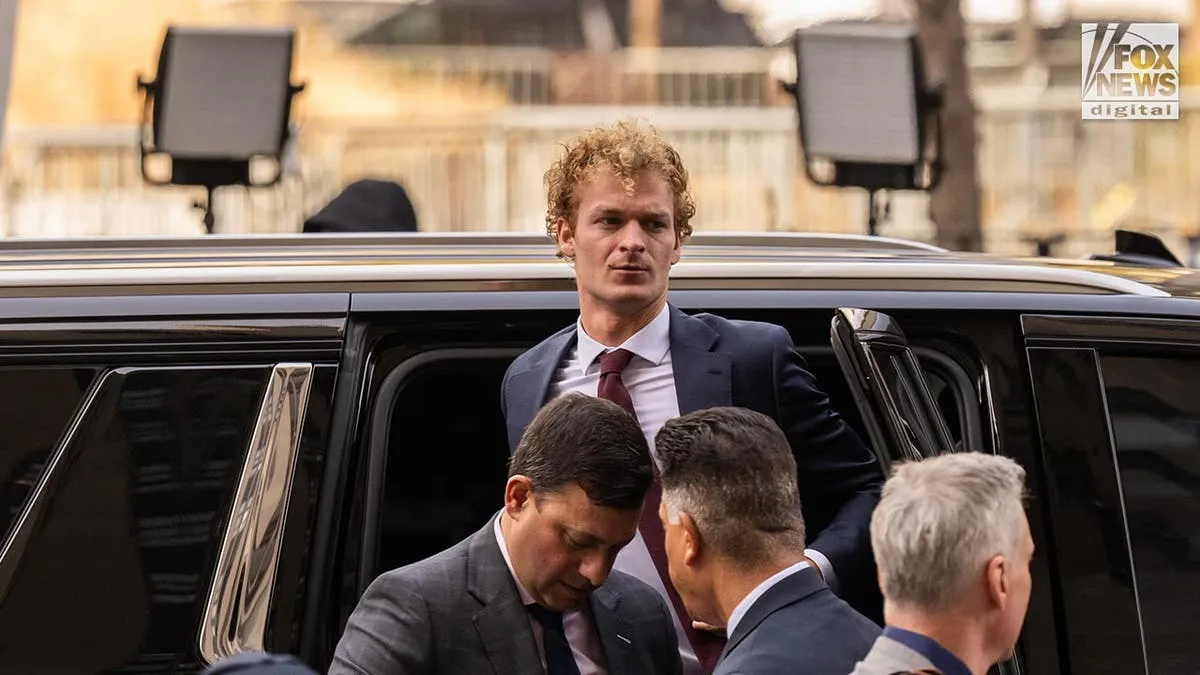Will Daniel Penny Face Justice? Jury Deliberates in Controversial Chokehold Case
In a high-stakes trial that has captivated national attention, the fate of Daniel Penny hangs in the balance as a New York jury deliberates over the fatal chokehold incident that claimed the life of Jordan Neely on a crowded subway train. The case has become a lightning rod for discussions about self-defense, mental health, and social justice in urban America.
The Incident That Shocked New York
On May 1, 2023, what began as an ordinary subway ride turned tragic when Daniel Penny, a 24-year-old former Marine, placed Jordan Neely, a 30-year-old homeless man, in a fatal chokehold. Witnesses reported that Neely was exhibiting erratic behavior, which Penny claimed made him feel threatened for his own safety and that of other passengers.
A Life Cut Short
Jordan Neely, known in New York City as a talented Michael Jackson impersonator, had struggled with mental health issues and homelessness. His sudden death sparked immediate outrage and protests, bringing to light the complex intersection of public safety, mental health, and social vulnerability.
Legal Proceedings Unfold
Penny was charged with second-degree manslaughter and criminally negligent homicide, charges that carry a potential maximum sentence of 15 years in prison. The trial has been marked by intense scrutiny and competing narratives about what truly occurred that fateful day.
The Defense’s Perspective
Penny’s legal team has consistently argued that he acted in self-defense, maintaining that he feared for his life and the safety of other subway passengers. They presented expert testimony suggesting that Penny’s actions were a reasonable response to a potentially dangerous situation.
Prosecution’s Counter-Argument
Conversely, the prosecution contends that Penny’s response was excessive and unnecessary. They argue that de-escalation was possible and that the chokehold was a disproportionate use of force against an individual experiencing a mental health crisis.
A Broader Social Context
The trial has become more than just a legal proceeding—it represents a broader national conversation about:
- Treatment of individuals experiencing mental health challenges
- Appropriate responses to perceived threats in public spaces
- The intersection of race, socioeconomic status, and public safety
Public and Media Reaction
Social media platforms have been ablaze with discussions, with passionate arguments on both sides. Community organizations and advocacy groups have mobilized, viewing the case as a critical moment for addressing systemic issues of compassion and justice.
The Jury’s Deliberation
As the jury continues its deliberations, the tension is palpable. Legal experts suggest that the verdict could set significant precedents for future cases involving self-defense and the treatment of individuals in mental health crises.
Potential Outcomes
The possible verdicts range from:
– Complete acquittal
– Conviction of second-degree manslaughter
– Conviction of a lesser charge
– Hung jury
Implications Beyond the Courtroom
Regardless of the outcome, the case has already sparked crucial conversations about:
– Mental health support in urban environments
– The responsibilities of bystanders in potentially dangerous situations
– The complex dynamics of self-defense law
A Community Awaits Justice
As New York City and the nation watch closely, the jury’s decision will not only determine Daniel Penny’s legal fate but also send a powerful message about how society confronts challenging and nuanced situations involving public safety and individual rights.
Note: This is a developing story, and the verdict is pending.
Disclaimer: This article provides an objective overview of the ongoing legal proceedings and does not represent a definitive judgment of guilt or innocence.






Leave a Comment